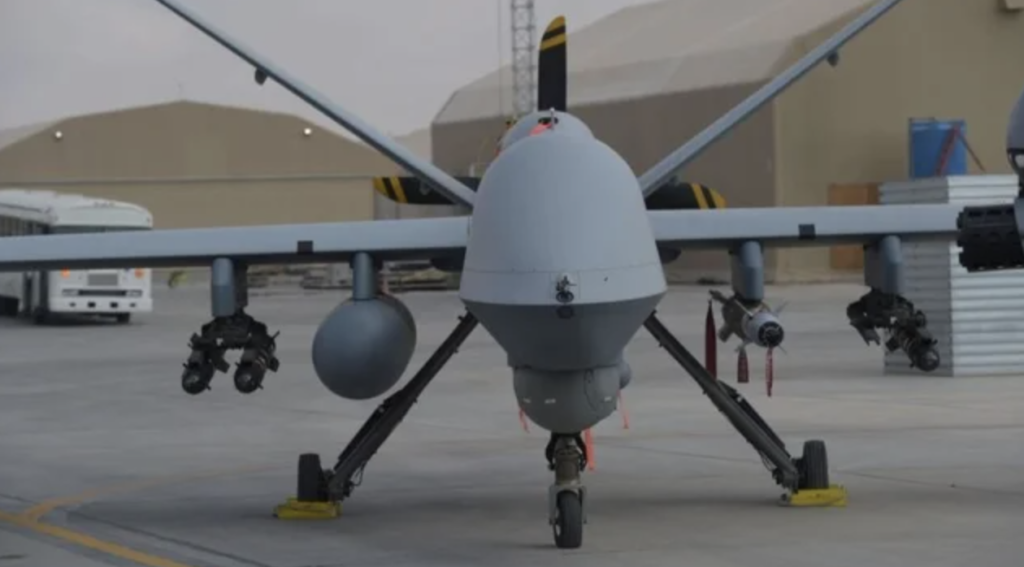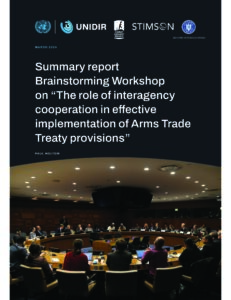In his speech to Congress last week, President Biden committed to ending America’s forever war. Yet pulling troops out of Afghanistan does not end the “forever wars” that the United States has engaged in since 9/11.
For 20 years, people suspected of terrorism have been targeted and killed by U.S. airstrikes and lethal counterterrorism operations. In advancing the United States’ withdrawal from Afghanistan and drawing to a close the United States’ longest war, the Biden administration should not fail to address these enduring air wars or risk normalizing a U.S. program of killing individuals outside widely recognized armed conflict.
Congress has a critical role to play in constraining any executive branch impulses or bureaucratic inertia towards expanding this program.
Currently, the United States assumes broad policies and authorities for identifying and countering perceived terrorism threats outside war zones through the use of lethal force — with limited oversight and even more limited accountability
It’s not altogether clear what current legal rationales or policy directives guide lethal U.S. action. The Trump administration did not publicly disclose its reported policy changes to the guidance governing the U.S. drone program and counterterrorism operations that the Obama administration adopted, and the Biden administration has not yet publicly provided details on the “interim guidance” that it reportedly put in place upon entering office as it reviews the current rules for such activities.
Read the full article in The Hill.




